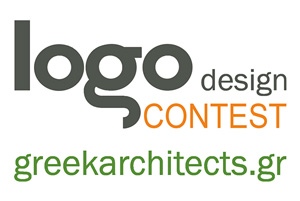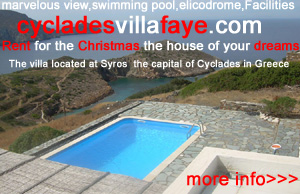STUDENTS PROJECTS
PROJECTS2013
Students: Bona Melina, Gkountani Panagiota
Supervisors: Gavrilou Evelyn, Stilidis Iordanis
Department of Architecture, University of Thessaly
Presentation date : September 4th, 2014

The Gerani area, a few minutes away from Omonoia Square in Athens, clusters a series of problems of economical and sociopolitical nature, leading to a severe degradation and marginalization in the past years. As a result, the local population disdains it and has been keeping a distance. The buildings get depopulated and succumb to the wear and tear with exponential growth while delinquent behaviors find shelter there, creating a vicious cycle between malfeasance and depreciation. The homonymous street in the heart of the area is the most notorious of it all, the Athenian "ghetto", the place-not-to-be.
We undertake the initiative to propose a plan to regenerate the area focusing on Geraniou Street, by identifying a number of advantages and possibilities that exist beyond the degradation. A plan articulated by solutions to the separate matters that formulate the totality of the problem. We initiate this process by taking into account and as a motive all the people we would like to see managing, inhabiting and enjoying the city and its structures. We design a series of architectural and administrative operations. Our aim is to secure a piece of the heart of Athens from total abandonment and destruction, as well as the leveling and assimilation of any "totalitarian" gentrification plan carried out by a single unsolicited entity or proprietor.
In order to serve the physiognomy of the location without razing it, we documented, studied and considered its dominant traits. We mention the most important of them, like the vast number of micro-proprietors, the great volume of empty buildings, the lodgment of multiple uses in a few square meters, the multicultural identity that is formed by its mostly "passer-by" and occasional users (whether they were internal migrants half a century ago, or later Albanians, Africans and Asians), the absence of public space and vegetation, the great density.
"Building" onto the strengths and weaknesses we create an interest group of co-proprietors that is designed according to contemporary needs and demands (inclusion of new technologies, data management as a spinal function and accessibility to everyone). We develop a system of buildings that work in an auxiliary way concerning the program and the needs they serve. A space where adaptable and flexible financial relations, cohabitation, collective processes, multiculturalism and hospitality find a safe haven. Of course, we didn't neglect to provide a great number of motives in terms of public access and free use of spaces to the citizens of Athens, in order to restore the relationship between Athenians and the Gerani neighborhood. New types of commercial, recreational, athletic and cultural spaces, green spots, triggering events for counteraction, discussion and culture exchange, they all aspire to bring this place back and closer to its roots.
The basic points of this project come to re-shape the forms of ownership and management on the economical level, the administration of building stock, the relation between the natural and man-made environment and most definitely the program of urban functions and their distribution inside a system of related structures. We aspire that an inclusive plan of urban regeneration that identifies and treats the city as a complex network of relationships and connections can overturn the negative circumstance and become a stimulus to diffuse congruous operations on a wider scale.




















